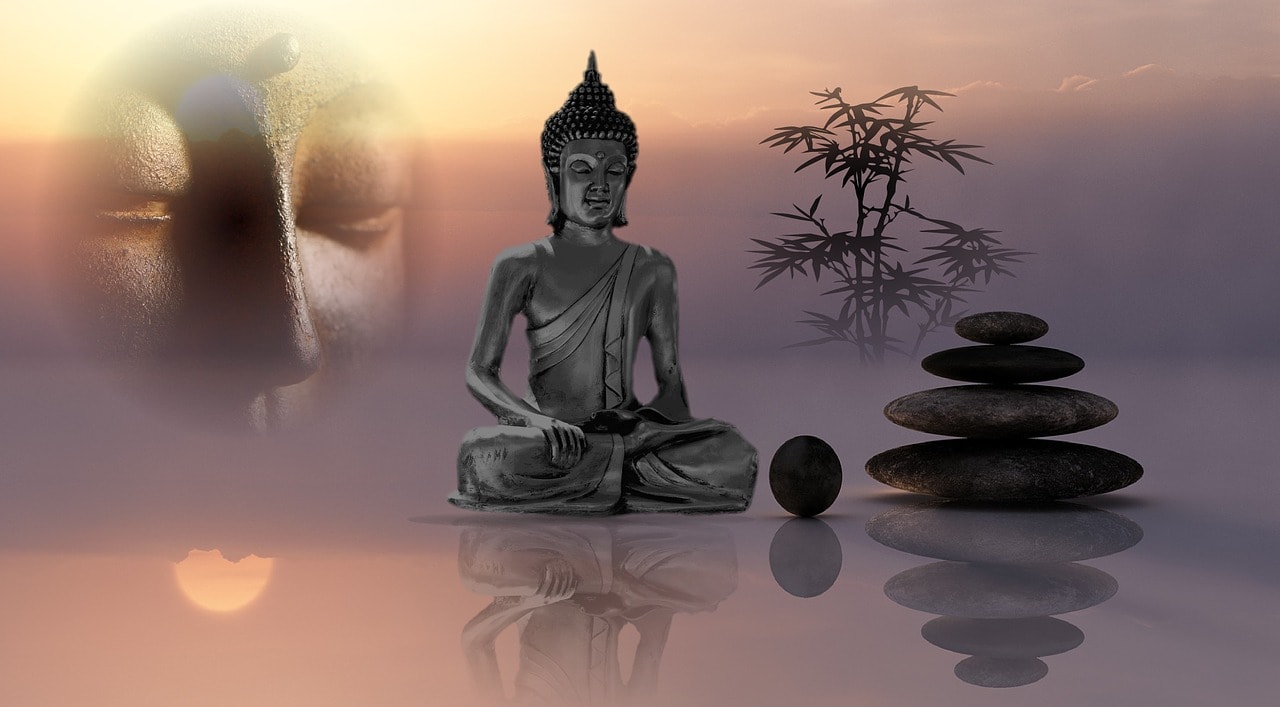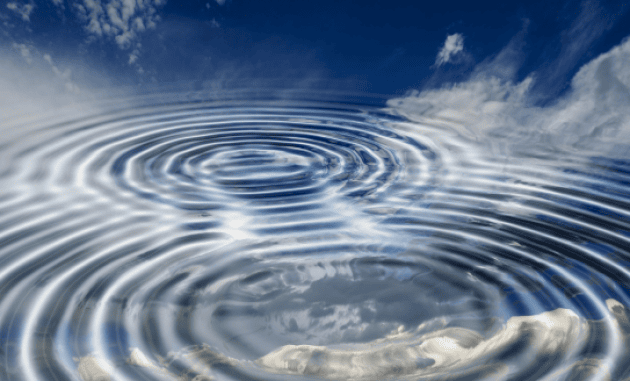Is Meditation a Waste of Time or a Skill for Greater Living

It wasn’t so long ago that meditation was considered a very strange pastime for ascetics, priests or monks in the far East. This is no longer true. Meditation is becoming a part of our mainstream culture and for good reasons. The U.S. Marines, army personnel, elite athletes, scientists, doctors and lawyers are among the unlikely list of contemporaries meditating for higher living.

The Benefits
The benefits of regular meditation are enormous. It’s like exercising a muscle – making us stronger and more flexible all at the same time.
 Meditation is a great stress reliever and the main reason most individuals in the West practice it. In our busy modern world, many of us seldom have time to catch our breath and smell the proverbial roses. Instead, we rush from one activity to another, getting stuck in traffic – making us late for important meetings.
Meditation is a great stress reliever and the main reason most individuals in the West practice it. In our busy modern world, many of us seldom have time to catch our breath and smell the proverbial roses. Instead, we rush from one activity to another, getting stuck in traffic – making us late for important meetings.
We are exhausted and overwhelmed by all that is on our plates.
Sitting quietly and being present with ourselves brings our awareness from the busy external world of “too much to do” to the internal arena, where we can be still and quiet with ourselves.
Research shows that even short daily doses of meditation has tremendous health benefits: it will
- boost our immune system,
- lower blood pressure
- improve serious medical conditions as well.
![]()
Over time, it actually grows the grey matter in our brain that is associated with increased self-awareness and compassion and it shrinks the grey matter that is associated with stress. We become healthier, kinder and calmer.
Another reason that meditation is a good skill to have is that it makes you more focused and therefore, smarter and better at whatever you are doing. Yes, it’s true.
There are regions on the side of the brain referred to as the “default mode network” that are activated in most people and generally concerned with the constant obsessing about ourselves, – the fear of the future and the remorse of the past. Meditation turns off these regions and creates a new default mode – one that is tuned into the present moment. What happens for us is:
- Intelligence rises
- creativity rises
- overall energy levels rise.
![]()
By taking time out to do less, we become more.
Why Don’t More People Meditate?
But you may be wondering, “Why don’t more people meditate? Or, why don’t I meditate?” Quite simply – it’s hard to do in the beginning. When I first tried meditation, 5  minutes felt like an eternity. After 1 minute I opened my eyes, “oh, only one minute”; after 2 minutes, again I opened my eyes – “oh my god, that’s only 2 minutes, how am I going to make it to 5”. My mind was like a wild horse running madly in every direction. Sitting still was excruciating. But I persevered in developing this skill and over the years, I have come to love to meditate for extended periods of time.
minutes felt like an eternity. After 1 minute I opened my eyes, “oh, only one minute”; after 2 minutes, again I opened my eyes – “oh my god, that’s only 2 minutes, how am I going to make it to 5”. My mind was like a wild horse running madly in every direction. Sitting still was excruciating. But I persevered in developing this skill and over the years, I have come to love to meditate for extended periods of time.
For some people, silence is eerie. My sister has her television on from the time she wakes up in the morning, until the time she goes to bed. When I asked her, on a recent visit, if she ever turned it off, she said, “NO, I don’t like the silence.” The idea of being quiet with herself is unsettling, even disturbing. Knowing the scientifically supportive benefits of meditation can help people like my sister, overcome their fears and learn to take control of greater health and well-being.
Meditation and Happiness
Despite the common assumption that our happiness is based on external factors, like money, material success, or having someone who loves us, meditation suggests that happiness is a skill that is internally generated, based on changes in the brain.
Shawn Achor, CEO of Good Think Inc., and teacher of positive psychology, says that only 10% of your long-term happiness can be predicted by external factors. That means that 90% of our happiness is contingent on how our brains processes the external factors. Meditation has been shown to activate regions in the  brain associated with positive feelings.
brain associated with positive feelings.
Dan Harris, ABC news correspondent and author of “10% Happier”, believes that meditation is the next big health revolution. He says, it is going to join the pantheon of no-brainers like exercise, brushing your teeth and taking the meds your doctor prescribes.
Try It to Believe It
But these words are just that – my words. To truly believe something, we must experience it. So I invite us all to close our eyes for a few moments, to put all the stresses and strains of our lives outside the room and let ourselves come fully into this present moment. Take a deep relaxing breath in and a deep relaxing breath out. Be fully embodied in the here and now. Feel your breath moving in and out. Feel the sensations coursing through your body. Feel them as though they were everything there is, without any judgement. Just be, nothing to do, nowhere to go. Just be for a moment………
In Conclusion:
Meditation can do enormously great things for your mind and body. It can help you:
- Improve your overall health
- Make you more self-aware
- Be a happier & kinder person
- Keep focused
- Be more efficient
- Be more intelligent
- Be more creative.
![]()
For these reasons, when you ask yourself, “Is this a waste of time?” I hope that I’ve helped you see the answer is a no-brainer. Meditation, quite to the contrary, is a valuable skill worth pursuing.

Leave a comment and let me know – Do you meditate? If so, what difference does it make in your life? If not, what gets in the way?
Thanks and I will keep you posted from India.
Until then, I wish you all the best,



Hi Sue. My view on meditation I actually got from a martial arts instructor. He practiced what he called “cooking meditation”. I asked him what he meant, of course, and he meant simply that he focused only on cooking during that time, letting other distracting thoughts go.
I’ve come to look at meditation, for me, as anything that you are focusing on, such as practicing being in the presence of God. Or prayer (anyone who sincerely tries to adhere to a prayer life will know how difficult this can be). I know that some would say you need to think of nothing at all, ie, clear your mind of all thoughts. I think both are forms of meditation.
Namaste Sue!
Wonder-Full…thank you for sharing these important thoughts on meditation.
Meditation initially saved me…now it propels me. What a blessing it has been…may All discover the Beauty and Peace withIn…through Meditation!
Thanks for the thoughtful email. I have a friend in critical condition at the hospital and meditation has been more of a challenge lately. You’ve brought me back to the importance of practice even when it’s hard, thanks. I look forward to your posts from India. Namaste, Kitty
Very nice summary of a woo woo topic. The science behind it is compelling. Thanks for putting it all together.
You have brought up a very wonderful points , thankyou for the post. “The great object is, that every man be armed. … Every one who is able may have a gun.” by Patrick Henry.
Il n’y a pas tant que ça de photographes de mariage qui se consacrent par ailleurs à du reportage stricto sensu ! C’est toujours très intéressant de découvrir le travail d’un photographe dans différents domaines de la photographie. Ce beau reportage photos éclaire bien je trouve ta démarche de photographe de mariage : une sensibilité et un regard particuliers, des ambiances et des compositions de couleur. Bravo Max !